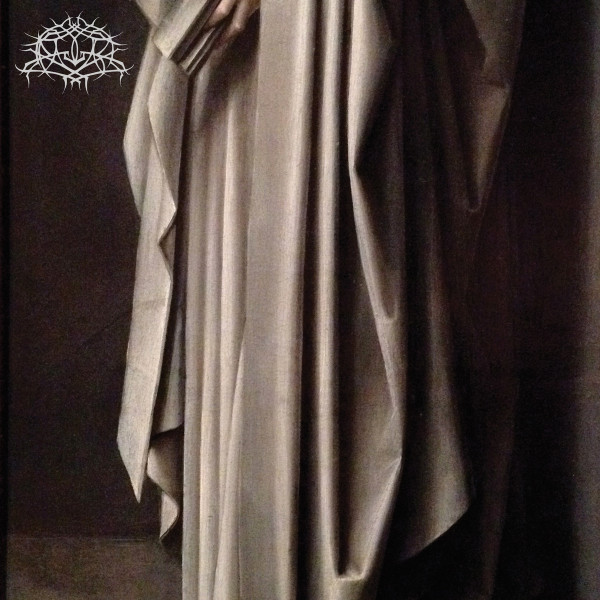
In one of the greatest misfiles of the 21st century, Krallice was labeled a sort of black metal band despite not even trying to ape the style on even the most basic level. Maybe there’s a few seconds that perfunctorily resemble the sort of chaotic ‘avant-garde’ black metal of a Deathspell Omega or whatever the kids are listening to these days. Krallice pulls more on the lengthy tradition of post-black – playing anything so long as you’re insistent that you’re beyond the juvenilia of the genre and/or that you’re pushing its musical and ideological boundaries. As a result, Ygg Hurr showcases every idea that Krallice’s members must have thought was even marginally cool, without any cohesive logic or anything in the way of quality filtering. Six Sigma this is not.
Every second of Ygg Hurr takes on a different meter, rhythm, tempo, tonality, and so forth. The band members definitely paid attention in their musical theory classes, and attempting to dissect any of the songs here would certainly yield a plethora of technical terms describing these tracks down to the note. It bears noting that compared to many other albums in similar styles, Krallice does not back up this writhing mess with unconventional instrumentation. That they stick to standard rock instrumentation makes this album less of a headache than it might be otherwise, but it further reveals weak production that probably caused a few executives at Profound Lore to tug at their collars. Outside of the record industry, its lack of intensity or at least atmosphere simply makes it even harder to take seriously as a “black metal” album. Calling it mathcore or “progressive” rock might make for more fruitful marketing, but ultimately, Krallice lacks the compositional range to pass for good examples of either.
Ironically, Krallice approaches flatness from the opposite approach of I usually hear. Instead of dwelling on one simplistic idea for an enormous quantity of time, Krallice abandons all their previous concepts like clockwork because it’s already time for the next riff. Constant change unmediated by anything resembling discipline makes for a particularly pseudorandom take on droning boredom, but it’s boredom none the less. This is stunningly reminiscent of the “horseshoe theory” in political science, which states that extreme political leftness and rightness converge more than expected. I don’t actually know or particularly care about any political goals of Krallice (At this point, it’s safer to assume there aren’t any), but my interest in history and especially its political aspects predisposes me to make such a comparison. The ensuing product is as bland as its musically simpler counterparts.
I really need to brush up on my mathematics so I can make a proper reference to deterministic chaos and attractors, but even without such a metaphor it should be apparent that Krallice’s music isn’t very well thought out. They favor what sounds experimental when their time would be better spent taking some of the ideas on display and developing them.
7 CommentsTags: 2015, crypto-indie, Krallice, mathcore, modern metal, Ygg Hurr

